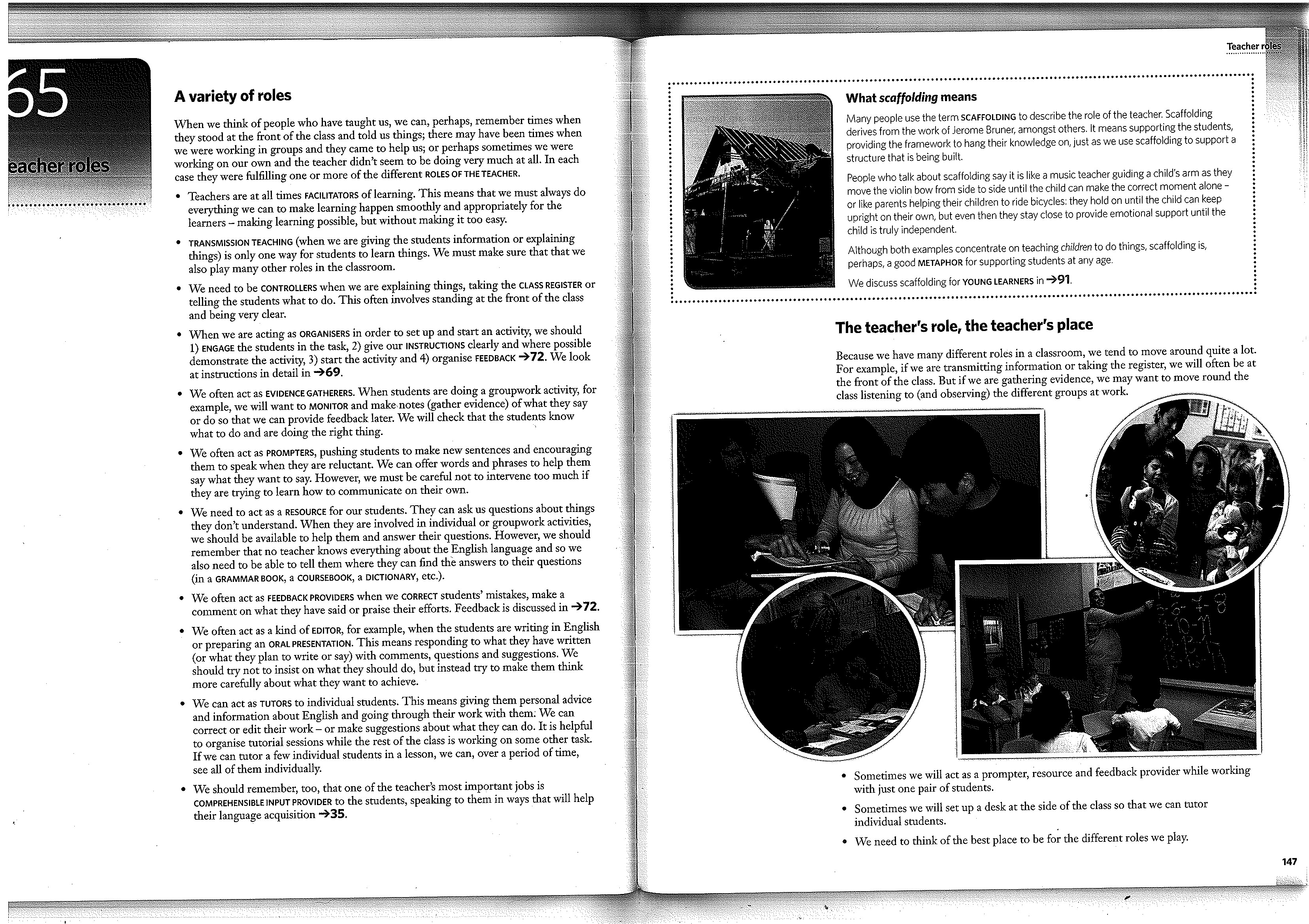Týden 2
L2 Herbert Puchta and what he means:
Jamboard: https://jamboard.google.com/d/1Zhs2z8GT4FBx89M38mKS1kHsYnFGgoBc67F_79VTA80/viewer?f=0
Starting routines - little video with routines (Pearson): https://www.youtube.com/watch?v=OH1ZKEwUCQY
Vocabulary: https://www.youtube.com/watch?v=-fvkoP_5WkU
intros, warm-ups, listen and do, TPR games (Simon says, what is missing, etc.)
Intro in various books - have a look:
Cookie and Friends A: https://www.youtube.com/watch?v=JLTfPXNeKtc
Little bugs - hello song: https://www.youtube.com/watch?v=hPgQav7g-GI
Happy house: https://www.youtube.com/watch?v=7WEfPA4-wk8
Super simple songs - Hello How are you? https://www.youtube.com/watch?v=tVlcKp3bWH8
Jazz chants: https://www.youtube.com/watch?v=6U8-cdbfm14https://www.youtube.com/watch?v=tVlcKp3bWH8
Singing walrus-hello how are you?: https://www.youtube.com/watch?v=gghDRJVxFxU
Family and friends- chant: https://www.youtube.com/watch?v=c9HBcg2hecI
https://learnenglishkids.britishcouncil.org/listen-watch/songs/hello-hello-hello
Playway to English What´s your name: https://www.youtube.com/watch?v=Rb7JuTKWQAI
https://www.youtube.com/watch?v=6UhNqbPtqBk
Cambridge starters What´s your name: https://www.youtube.com/watch?v=e6TnmgHdBiA
Playtime: https://www.youtube.com/watch?v=y300NMnN_8I&t=22s
Cookie and friends-colours: https://www.youtube.com/watch?v=_cwaQ8QmM08
Colours story: https://www.youtube.com/watch?v=nXWxIISmV1w
TPR - Teddy says: https://www.youtube.com/watch?v=hspSzNWFLnA&t=29s
Lunch song: https://www.youtube.com/watch?v=zLvpuoS3q3I&list=PLxE1zzJKa1eGVCpbyNqJxJoNywNP3Iejg&index=6
Hooray! Let's play!https://www.youtube.com/watch?v=-RPXbkYUlB0
Peppa pig: https://www.youtube.com/watch?v=BuoapaCQqQA&t=20s
Project: https://www.youtube.com/watch?v=kPHuY5jYN6I
Project Explore https://www.youtube.com/watch?v=Dkth4g1-hH4
HW:
Teachers come in all shapes and sizes
Are good teachers born or made?
Different teachers are often successful in different ways
Different teachers have different strengths and weaknesses
Craft of being a good teacher – mixture of personality, intelligence, knowledge, experience and how they reflect on it.
My ideal teacher is…
Susan says, My ideal school teacher is Mr Jolly because I like his music.
Darren says, My ideal teacher is funny and makes you work hard and lets me draw things from my imagination.
Terry would like a patient teacher, and who doesn‘t mind children getting things wrong, sometimes.A teacher who enjoys fun and games.
Annete says, is a strict teacher who is strict to the naughty children and nice to the good ones. And has always got chalk handy.
A 12-year-old boy says, the teacher needs to have dress sense – not always the same old boring suits and ties.
Role of a teacher
Teacher as information giver
Explainer: T. has to explain various things to their class such as how to play a game or how to do an exercise. With lower level it is good to use mime, action, picture, tables, and diagrams.
Demonstrator: You will have to demonstrate some things to the class through actions - e.g.by miming -JUMP to show them what the word means.
Organizer and instruction giver: You will have to give instructions to the class such as Get into groups of four, please.
Controller: Depending on the group you may have to restore order from time to time, e.g. by reminding the class to speak English, asking them to speak more quietly, or preventing some dominant learners from interrupting the others.
Route planner: In this role you may give your students a sense of direction by outlining what you will cover in the course or in a lesson.
Teacher as facilitator
Guide: Instead of planning and giving information you elicit information from your learners, remodelling where necessary, so that they formulate their explanations of grammar or vocabulary items.
Monitor: In this role you will be listening to your students when they are speaking to each other in pairs or in groups, noting errors to discuss with them later.
Support system: Again when students are working by themselves or in groups, your role is to circulate to give help and provide language when asked.
Feedback giver: In this role you give students feedback on their performance by correcting their errors . or better encourager them to identify and correct their own mistakes of they can.
Counsellor: In this role you will give students advice and support on things they can do to help themselves learn, e.g. on ways of learning vocabulary at home.
